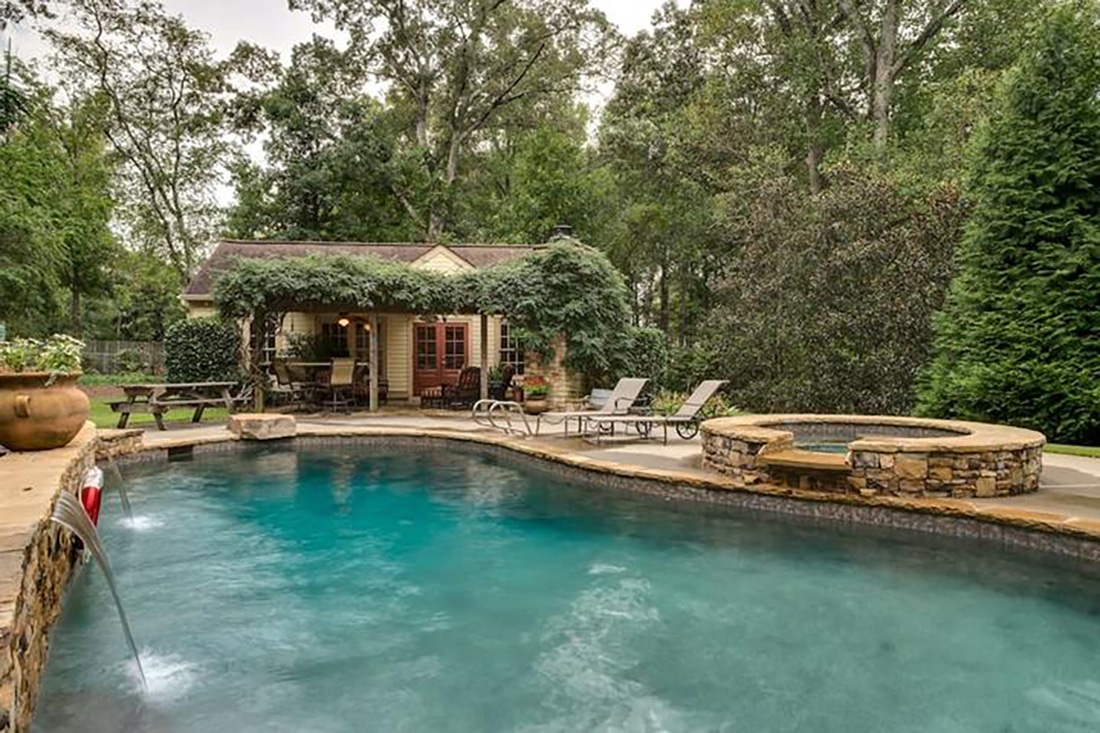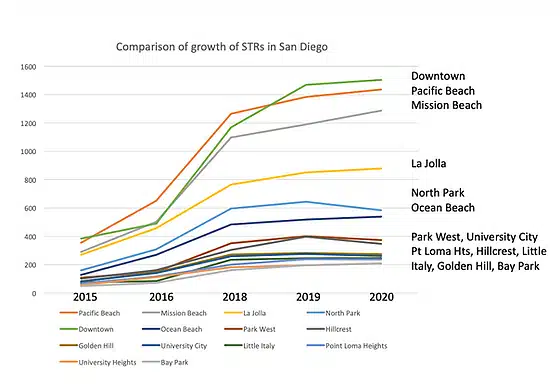
One of the biggest challenges for state and local governments in recent years is the rise of Silicon Valley startups modeled on the sharing economy.
Among the most predominant sectors being affected by this trend is the hospitality industry; through the introduction of third-party apps like Airbnb and Vrbo, the short-term rental market is currently in a state of upheaval. In cities across the United States, listings for properties ranging from apartment units to single-family homes to RVs are popping up faster than regulators can keep up, bringing serious challenges along with them.
Here’s a look at some of the problems with short-term rentals, as well as some of the solutions that have been implemented to help grapple with the strain that has been put on local governments to keep these rentals tracked and in compliance.
Short-Term Rentals Create Challenges for Municipalities
Sharing economy startups like Uber and Lime are fundamentally changing the industries they disrupt, creating headaches for municipalities along the way. The proliferation of e-scooters caused public safety issues in cities like San Diego, including sidewalk collisions and blocking pedestrian access. Ride-sharing has been blamed for an uptick in traffic congestion in major cities.
Short-term rental apps are no exception to creating a wide range of complications for local governments, including tax issues, nuisances like noise, infrastructure problems such as parking congestion in neighborhoods and housing shortages, or even more serious public safety issues like non-compliance with safety standards found in other types of lodging or violence at properties rented out for large parties:
- In Newport, Rhode Island, a 22-year-old university student was fatally stabbed earlier this year at an out-of-control house party in a property that was listed as a high-end vacation rental, fueling a legislative push for tighter control of such properties through an attempt to create a statewide registry of third-party short-term rentals.
- According to the Marin Independent Journal, it’s estimated that states and local governments across the country are missing out on as much as $20 million each year from lodging taxes on short-term rentals, given the difficulty of tracking which properties in their jurisdiction are being used for such purposes.
- In Placer County, California, a temporary moratorium on short-term rental permits was approved in North Lake Tahoe after home prices jumped dramatically, adding fuel to an already serious housing crisis. “…we’re acting here out of concern for community preservation, and we need to find balance. The housing issues in our community have dramatically escalated, and investments in homes for use as short-term rentals have contributed to inflating property values beyond the reach of local workers to afford,” District 5 Supervisor Cindy Gustafson said.

How Local Governments are Responding to Problems with Short-Term Rentals
Some states, like Rhode Island and California, have put responsibility of regulation onto local governments, with other states potentially following suit. The struggle to monitor the numerous rentals on the market and enforce rules has called for solutions such as permit caps, limiting rentals to certain zones, and limits to on-site parking.
Here’s a look at how some municipalities are responding:
- In San Diego, legislators capped whole-home rentals that are available for more than 20 days in the year at 1 percent of the city’s housing units, and are considering a lottery system to allocate permits based in part on prioritizing “good actor” hosts who have paid taxes to the city and are operating their rental properties responsibly.
- In Columbus, Ohio, officials established a “three-call” rule that enables them to deny, revoke or suspend a short-term rental permit if a property has three documented issues over a 12-month period that threaten public safety or quality of life for nearby residents.
- Among the ordinances in North Lake Tahoe, county legislators set an occupancy limit of two people per bedroom with an additional two people allowed to stay in the property, bear bin requirements for trash mitigation, and strict quiet hours from 10 p.m. to 7 a.m.
- Officials in Mill Valley, California, launched a short-term rental registry that requires hosts to get a business license and pay a registration fee, as well as pay a 10 percent TOT. The city has collected over $440,000 in tax revenue from short-term renters since starting the program.
Image via La Jolla Town Council data on increase in STRs in San Diego (https://www.lajollatowncouncil.org/short-term-vacation-rentals)
The Need for Better Tracking and Accountability
What’s clear is the popularity of short-term rentals shows no signs of slowing down, calling for better systems for municipal governments to keep track of rentals and keep renters accountable. No matter what short-term rental regulation a local government decides is best suited for their community, the task of enforcing regulations can be daunting and labor-intensive.
Platforms designed specifically to bridge the divide between marketplace facilitators (Airbnb, Vrbo, Vacasa and more), like the GovOS STR Solution, can help local governments regulate short-term rentals in their jurisdiction. GovOS STR Solution can automate licensing, permits, and tax collecting, as well as monitor citizen complaints about short-term rentals.
By better tracking short-term rentals in their jurisdictions, municipalities ensure they aren’t missing out on taxes associated with these properties, that renters are complying with regulations, and that public safety is maintained.



